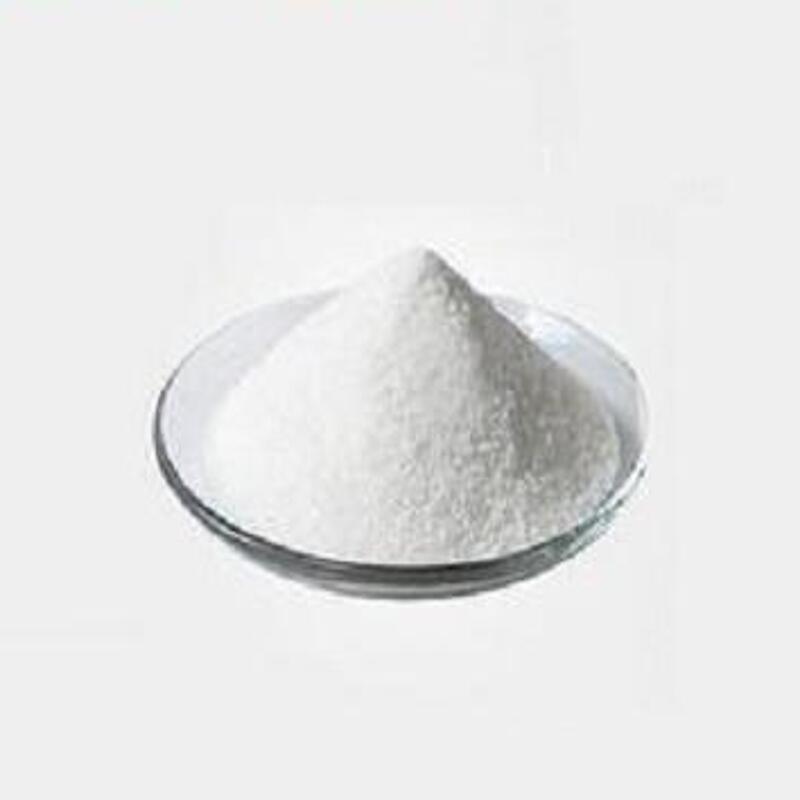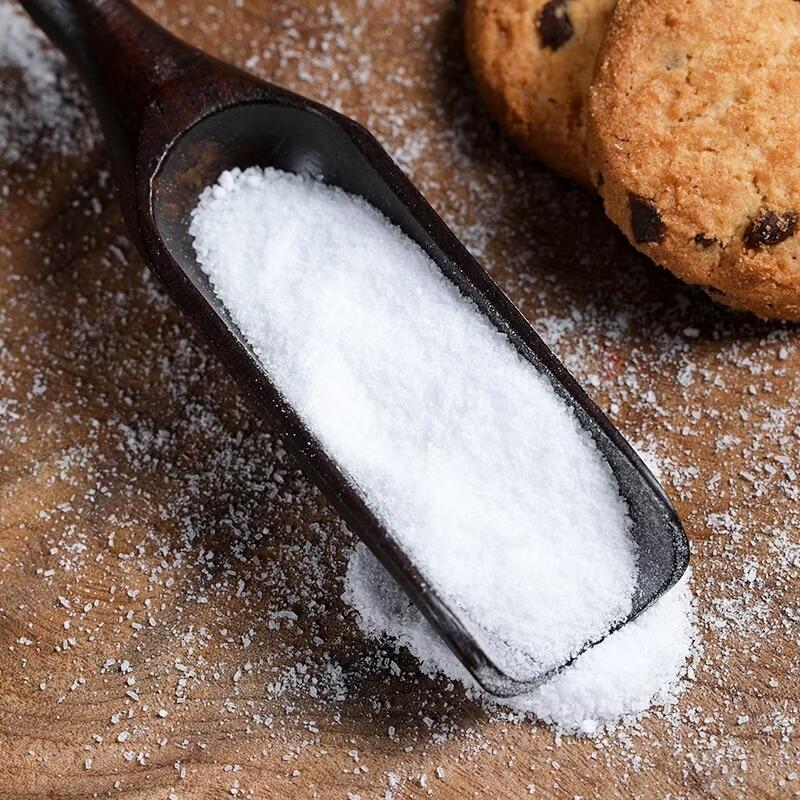-
Categories
-
Pharmaceutical Intermediates
-
Active Pharmaceutical Ingredients
-
Food Additives
- Industrial Coatings
- Agrochemicals
- Dyes and Pigments
- Surfactant
- Flavors and Fragrances
- Chemical Reagents
- Catalyst and Auxiliary
- Natural Products
- Inorganic Chemistry
-
Organic Chemistry
-
Biochemical Engineering
- Analytical Chemistry
-
Cosmetic Ingredient
- Water Treatment Chemical
-
Pharmaceutical Intermediates
Promotion
ECHEMI Mall
Wholesale
Weekly Price
Exhibition
News
-
Trade Service
Original: How does the so-called 0-fat low-calorie sugar substitute affect blood sugar and insulin Do you really understand?
Sugar is a hot topic in nutrition, and reducing your sugar intake can improve your health and help you lose weight
Replacing sugar with artificial sweeteners is one way to do this
However, some claim that artificial sweeteners are not as "metabolically inert"
For example, it can raise blood sugar and insulin levels
What is an artificial sweetener?
What is an artificial sweetener?Artificial sweeteners are synthetic chemicals that stimulate sweet taste receptors
Artificial sweeteners sweeten food without any additional calories
As a result, they are often added to foods that are marketed as "health foods" or slimming products
They are everywhere, from slimming soft drinks and desserts to microwave meals and cakes
Here is a list of the most common artificial sweeteners:
aspartame
saccharin
Acesulfame potassium
New sweet
Sucralose
Artificial sweeteners are synthetic chemicals that can make food taste sweet without any additional calories
What causes blood sugar and insulin levels to rise?
What causes blood sugar and insulin levels to rise?We have tightly controlled mechanisms to keep our blood sugar levels stable
When we eat foods that contain carbohydrates, blood sugar levels rise
Potatoes, bread, pasta, cakes and sweets are some foods
When digested, carbohydrates are broken down into sugars and absorbed into the bloodstream, causing blood sugar levels to rise
When our blood sugar levels rise, our body releases insulin
Insulin is a hormone
But before any sugar enters the bloodstream, small amounts of insulin
If blood sugar levels drop too low, our liver releases stored sugar to stabilize it
.
This happens when we fast for a long time, such as overnight
.
The sweetness of artificial sweeteners triggers the release of insulin in the first stage, causing insulin levels to rise
slightly.
Regular use can alter the balance
of bacteria in our gut.
This can make our cells resistant to the insulin we produce, which can lead to elevated
blood sugar and insulin levels.
Eating carbohydrates can lead to elevated
blood sugar levels.
Insulin is released to normalize
blood sugar levels.
Some claim that artificial sweeteners may interfere with this process
.
Do artificial sweeteners raise blood sugar levels?
Do artificial sweeteners raise blood sugar levels?Artificial sweeteners won't raise your blood sugar levels
in the short term.
Therefore, a can of Diet Coke does not cause blood sugar to rise
.
In 2014, however, Israeli scientists made headlines linking artificial sweeteners to changes in gut bacteria
.
After 11 weeks of being fed artificial sweeteners, the mice underwent negative changes in their gut bacteria, leading to elevated
blood sugar levels.
When they implanted the bacteria from these mice into the germ-free mice, their blood sugar levels also rose
.
Interestingly, the scientists were able to reverse the rise
in blood sugar levels by returning gut bacteria back to normal.
However, these results have not yet been tested or replicated
in humans.
Only one observational study in humans has shown a link
between aspartame and changes in gut bacteria.
Therefore, the long-term effects of artificial sweeteners on humans are unknown
.
Artificial sweeteners could theoretically raise blood sugar levels by negatively affecting gut bacteria, but have not been tested
.
In the short term, artificial sweeteners do not raise blood sugar levels
.
However, the long-term effects on humans are unclear
.
Do artificial sweeteners raise insulin levels?
Do artificial sweeteners raise insulin levels?Studies of artificial sweeteners and insulin levels have shown mixed results
.
The effects of different types of artificial sweeteners also vary
.
Sucralose
SucraloseBoth animal and human studies have shown a link
between sucralose intake and elevated insulin levels.
In one study, 17 people were given sucralose or water followed by a glucose tolerance test
.
People who take sucralose have 20%
higher levels of insulin in their blood.
They also remove insulin
from the body more slowly.
Scientists believe that sucralose causes an increase in insulin by triggering sweet receptors in the mouth — an effect known as first-stage insulin release
.
For this reason, a study that bypassed the oral cavity and injected sucralose into the stomach did not detect any significant increase
in insulin levels.
aspartame
aspartameAspartame is probably the most famous and controversial artificial sweetener
.
However, the study did not link
aspartame to elevated insulin levels.
saccharin
saccharinScientists have investigated whether stimulating sweetener receptors in the mouth with saccharin can lead to higher insulin levels, and the results have been mixed
.
One study found that gargling (not swallowing) with a solution of saccharin led to elevated
insulin levels.
Other studies found no effect
.
Acesulfame potassium
Acesulfame potassiumAcesulfame potassium can increase insulin levels in rats
.
One study in rats looked at how injecting large amounts of acesulfame potassium affected insulin levels
.
They found a significant increase of 114-210%.
However, the effect of acesulfame potassium on insulin levels in humans is unclear
.
The effect of artificial sweeteners on insulin levels appears to be variable, depending on the type of
sweetener.
Sucralose appears to increase insulin levels
by triggering receptors in the mouth.
However, few high-quality human trials exist, and it's unclear whether other artificial sweeteners have similar effects
.
In the short term, artificial sweeteners don't raise your blood sugar levels, unlike high intake
sugars.
They are considered safe
for people with diabetes.
However, the health effects of long-term use remain unknown
.
Artificial sweeteners do not raise blood sugar levels and are considered a safe substitute for sugar in
people with diabetes.
While artificial sweeteners may not be "healthy," they are at least "less bad"
than refined sugar.
If you consume them as part of a balanced diet, there is no strong evidence that you should stop eating
them.
However, if you're concerned, then you can use other natural sweeteners instead, or simply remove the sweetener altogether
.
Responsible Editor:







